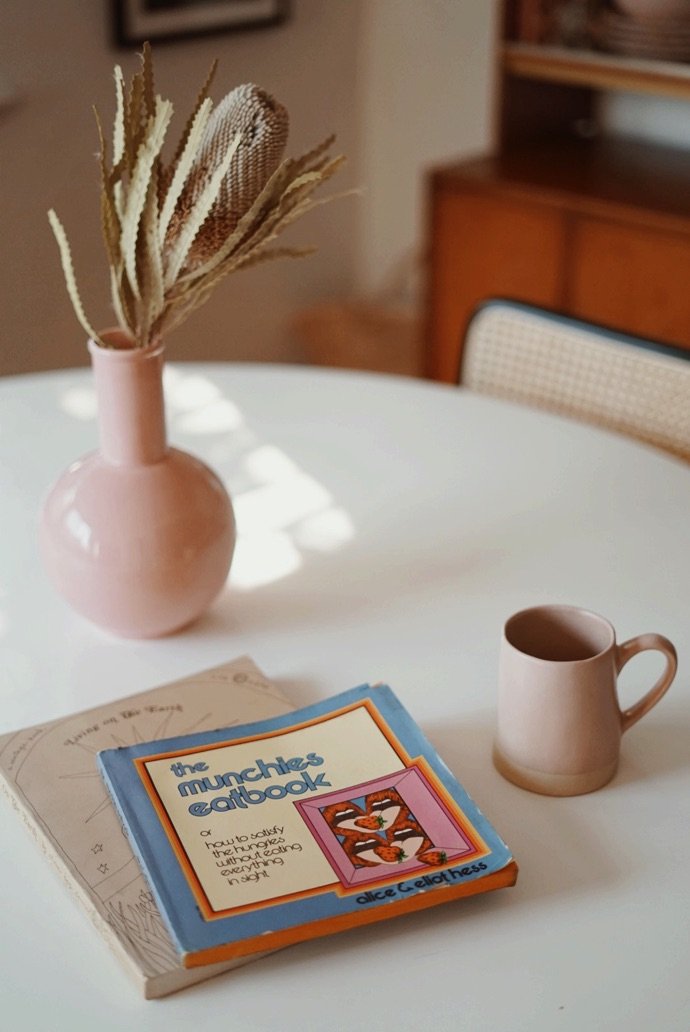We’re all familiar with the concept of cleaning our physical house, but what about our emotional house? But just as it can be tricky to know where to start when cleaning out our homes, it can be equally as difficult to know where to begin when doing some emotional housekeeping.

Tune into your thoughts
The first thing you need to do when starting some emotional housekeeping is tune in. What negative things are you constantly thinking or talking about? While complaining may sometimes feel cathartic, you are more likely to put negative energy into the world than actually make any positive progress. If you notice yourself complaining about the same recurring themes, that will give you a pretty good indication of where to start.
Pay a lot of attention to what angers you
Anger is recognition. We can’t become incensed over what we don’t either identify with or know/fear to be true. That said: what angers you is a signal that there is a space in which you need to offer a new way of thinking, or some much-needed reconciliation.
Read into your passive aggressive responses
Take your passive aggressiveness seriously. When people are “snarky,” even if it’s low-key, it’s a major sign of repressed insecurity or unhealed social hangups, and if left unaddressed, it can actually spiral far out of your conscious control. No one enjoys being around passive-aggressive people, it’s exhausting. So look inward and see if you can identify any underlying triggers.
Decide what’s dragging you down
What’s dragging you down emotionally? Pay attention to what keeps you up at night or behaviors you’d like to change. Often, we accumulate unhealthy habits and unsatisfying relationships and decide it’s just easier to leave them alone instead of trying to change them. But these things don’t support emotional wellness. What needs to go in order for you to be happier? Here are some potential triggers to look out for:
- Toxic or negative relationships
- Unhealthy coping habits (smoking, over-imbibing, etc.)
- Unrealistic expectations
- Busyness and over-scheduling
- Comparison
- Pessimism
- Fears
- Negative self-talk
- Guilt
- Grudges and resentments
- Shame
Decide what you need more of
This is the fun part of emotional housekeeping. After you identify what is dragging you down, it’s time to assess what you need more of in your life. Now would be a good time to put pen to paper. What steps can you take right now to get more of what you need? For example, if you feel like you’d like more affection from your partner, now’s the time to ask for it. Or, if you realized you need more alone time, tell your family you’ll be taking an hour to relax solo. Take steps to improve your wellbeing by actively creating the life you want.
Prioritize positive friendships
Once you’ve taken a minute to reflect on the different relationships in your life, it will become clear which individuals make you feel the most encouraged and loved. Make these relationships a priority! Go out of your way to schedule time with them, even if it’s just a quick chat over coffee or a phone catch-up. You’ll be glad you’re staying connected with a positive support system.
End with gratitude
Every emotional housekeeping session should end in gratitude. If you want to live in a way that is healthy, happy and peaceful, the first thing you have to learn is how to appreciate the good in your life. Even on our worst days, there is always something to be grateful for. Consider keeping yourself accountable by starting a gratitude journal. You’ll be amazed by how your emotional house improves.


